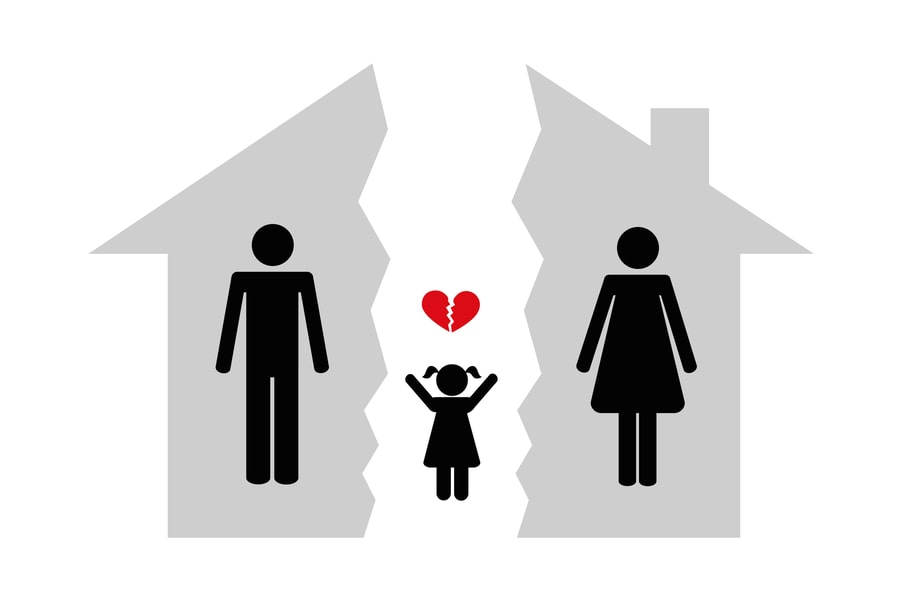Fault-Based Divorce Possible –
Over the years, divorce rules in the United States have changed drastically, which facilitates the process for couples choosing to split. Some legislators, however, have been advocating fault-based divorce, which would force one partner to prove that the other caused the marriage to fall apart.
Hayat Family Law wants to keep you updated about possible changes that could compromise your rights; we help clients negotiate the legal complexity of divorce. This post will look at what fault-based divorce is, why some people want it reinstated, and what it would mean for couples living in Los Angeles and surrounding areas.
Defining fault-based divorce
Couples had to offer legal reasons for divorce before no-fault divorce was adopted, such: Adultery; abandonment; domestic violence or cruelty; drugs or alcohol
Often this resulted in chaotic court battles as one partner sought to prove the other’s guilt. Often spanning years to complete, the process was costly, emotionally taxing.
California became the first state to offer no-fault divorce in 1969, letting spouses split free without assigning guilt. Other states quickly followed, simplifying and isolating divorce for millions of Americans into a more private procedure.
Why would some like to bring it back?
Some conservative legislators and groups contend that no-fault divorce has made separation too easy, therefore eroding the institution of marriage. They say more marriages would be preserved if partners had to prove guilt, therefore strengthening families and creating more stable communities.
Advocates of fault-based divorce say:
It would make separation more difficult, therefore lowering divorce rates. It might safeguard aggrieved couples, making sure innocent partners get just compensation. It could inspire individuals to try harder to mend their relationships before deciding on divorce.
Possible effects of returning to fault-based divorce
Although fault-based divorce would seem like a means to preserve marriage, it could have grave negative consequences including:
1. Longer and more expensive divorce cases: proving fault calls for evidence, witnesses, and protracted legal battles, so stressing and expensive the process becomes.
2. More emotional strain: Divorce is already challenging, but for families with children especially, forcing couples to publicly broadcast their problems can make it considerably more painful.
3. More challenges for victims of abuse: Should survivors of domestic violence have to establish blame in court, they may find it more difficult to leave risky relationships.
What This Means for You?
Should fault-based divorce return, dissolving a marriage could prove more difficult and time-consuming. At Hayat Family Law, we think everyone has the right to walk away from a miserable or unhealthy marriage free from needless legal obstacles.
See us right now if you want to know how changing laws might effect you and are thinking about divorcing. Our seasoned lawyers are here to defend your future with direction, encouragement, and robust legal representation.


